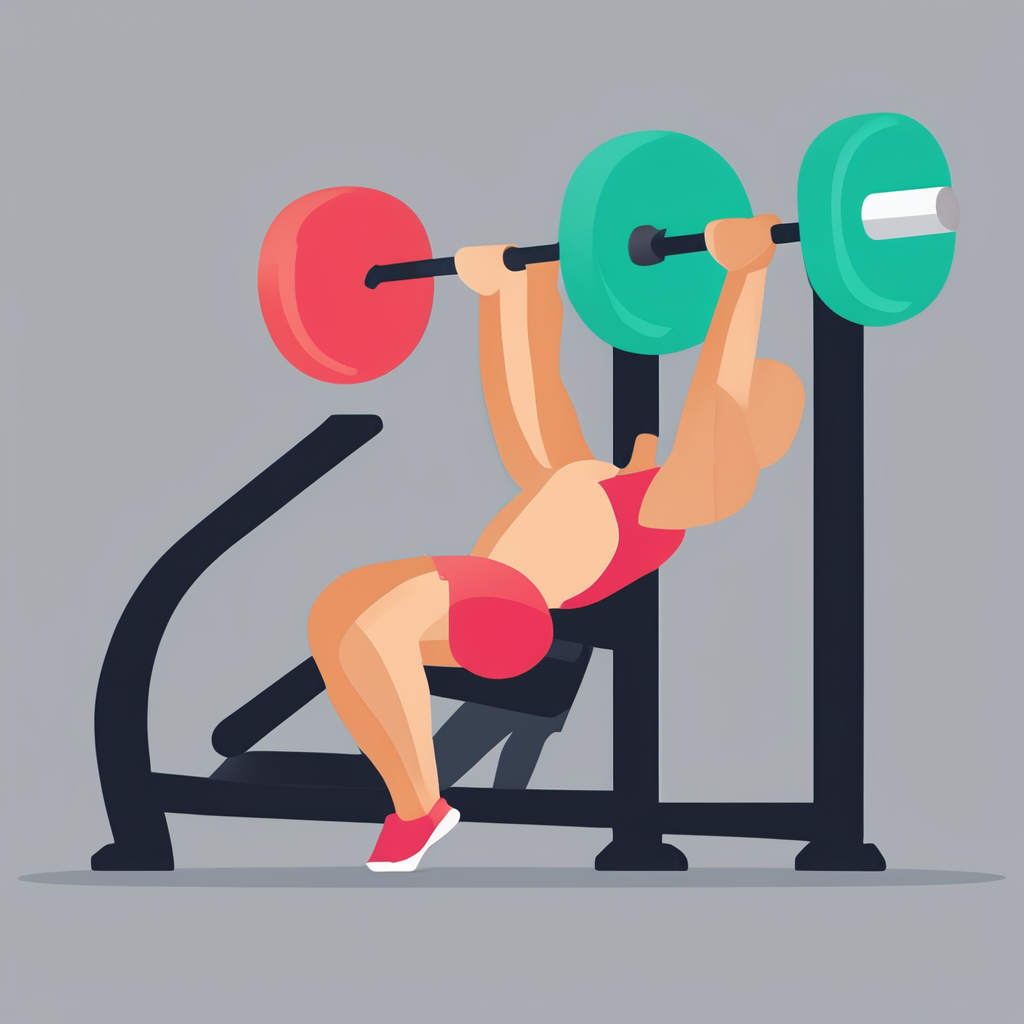The Potential Impact of Mixed Martial Arts Training on British Olympic Success
Mixed martial arts training benefits extend beyond entertainment and professional fighting. In the UK combat sports arena, this training introduces cross-disciplinary skill development that can directly enhance Olympic medal performance in boxing, wrestling, and judo. Techniques from MMA, such as increased agility, striking accuracy, and grappling versatility, bring fresh perspectives that traditional training might lack.
Examining British Olympic medal performance reveals steady success in boxing and judo, sports that share significant commonalities with MMA’s comprehensive combat style. Incorporating MMA training into these disciplines can sharpen athletes’ adaptability, improve reaction times, and boost overall physical conditioning, which are crucial for Olympic-level competition.
Also read : How is the UK fostering diversity in combat sports participation?
Moreover, MMA’s emphasis on blending striking and grappling encourages athletes to push their boundaries and refine a broader set of skills. This holistic approach fosters resilience and creativity during matches, potentially giving UK combat sports athletes a competitive edge. By embracing mixed martial arts training benefits, British Olympians can evolve their techniques while maintaining a focus on targeted Olympic combat sports goals, paving the way for increased medal prospects.
Current Training Approaches in British Olympic Combat Sports
British Olympic training programs in combat sports like boxing, wrestling, and judo blend traditional methods with emerging innovations to enhance athlete performance. Historically, these regimens emphasize foundational skill development, physical conditioning, and tactical drills, reflecting long-standing practices proven effective in UK sport performance.
Also read : How Are Emerging Fighters Shaping the Future of Combat Sports?
In boxing, for example, coaches focus heavily on technique refinement and endurance, maintaining time-tested routines such as sparring sessions and roadwork. Wrestling and judo training similarly prioritize strength, flexibility, and grip work, combined with scenario-based drills. However, recent innovations have introduced sports science elements, including data analysis and tailored recovery protocols, boosting training precision.
When compared to international standards, British combat sports preparation balances tradition and modernity. Nations with dominant Olympic records often integrate cutting-edge technology and psychological training more extensively, which the UK is progressively adopting. This shift aims to address the rising global competitiveness in Olympic combat sports.
By continuously evolving British Olympic training with evidence-backed strategies while preserving effective traditional methods, UK combat athletes are better positioned to excel on the world stage. Such a hybrid approach reflects the best of both worlds: respecting heritage and embracing progress.
Advantages and Limitations of Integrating MMA into Olympic Training
Exploring how MMA integration can influence combat sports development
Integrating MMA skills into Olympic training offers notable performance enhancement opportunities for athletes. Key MMA elements such as advanced conditioning, versatile striking, and grappling adaptability can boost stamina and tactical flexibility. Olympic athletes gain from MMA’s comprehensive approach, often improving their reaction times and ability to handle unpredictable combat situations.
However, MMA integration carries risks. The potential for injury rises due to MMA’s high-impact techniques, which may conflict with Olympic combat sports’ safety regulations. Rule discrepancies between MMA and traditional Olympic disciplines can create challenges in training focus and strategy. Coaches emphasize balancing MMA’s intensity with Olympic standards to avoid overtraining, which can impair recovery and peak performance.
Insights from sports scientists highlight that carefully structured MMA drills enhance agility and resilience without compromising athletes’ core skills. Athletes report improved mental toughness from MMA-based adaptability exercises, but stress the need for monitored integration to prevent burnout.
This nuanced approach to combat sports development requires collaboration among trainers, medical staff, and athletes to maximize benefits while mitigating risks, ensuring Olympic competitors are well-prepared without overextending their physical limits.
Evidence from Studies and Expert Opinions
Research on mixed martial arts (MMA) reveals noteworthy effects on athlete performance, both physically and mentally. Studies indicate that MMA training enhances cardiovascular endurance, muscular strength, and agility, all critical for peak sports performance. Moreover, the sport demands high cognitive function, such as quick decision-making and strategic thinking, which benefit athletes across disciplines.
Leading British coaches emphasize MMA’s role in cultivating resilience and versatility. According to expert analysis, incorporating MMA elements into training regimens improves overall athleticism and injury prevention. Athletes report increased confidence and adaptability, crucial in competitive environments.
Internationally, crossover success stories illustrate MMA’s impact. Fighters transitioning from wrestling or boxing have achieved new heights applying MMA skills, demonstrating transferable benefits. For instance, cases from countries with strong combat sports traditions showcase how diverse training enhances an athlete’s performance spectrum.
This growing body of mixed martial arts research underscores the sport’s value beyond entertainment. Experts advocate leveraging MMA techniques thoughtfully to optimize athlete development. By blending disciplines, coaches can tailor programs that elevate performance, making MMA a powerful tool in modern sports science.
Realistic Prospects for Britain’s Medal Hopes with MMA-Inspired Training
Integrating mixed martial arts influence into British athletics offers a fresh avenue to enhance Olympic medal strategies. MMA training emphasizes agility, mental toughness, and diverse combat skills, which can complement traditional British approaches in combat sports. However, the key question is how rapidly these MMA techniques can translate into tangible medal results at the Olympics.
Realistically, the transition will not be immediate. Adapting athletes to MMA’s multidisciplinary demands requires significant time for skill acquisition and conditioning. Furthermore, British sporting systems face implementation challenges such as resource allocation, coach expertise, and institutional willingness to integrate MMA frameworks into existing programs.
To maximize medal prospects, British athletics should adopt a phased approach. Initially, pilot MMA-inspired modules can be introduced in select training centers to evaluate effectiveness. Concurrently, investment in coach education and athlete development tailored around MMA principles must be prioritized. Such strategic recommendations align with enhancing the depth and versatility of Olympic combat sports contenders, creating a sustainable pipeline of medal hopefuls who benefit from MMA’s dynamic training methods.
